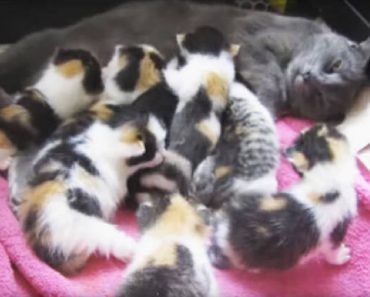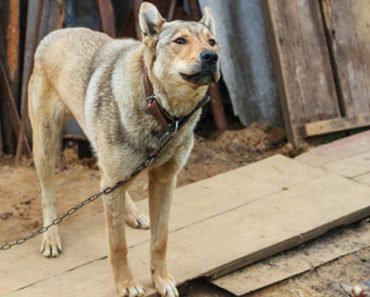While you are enjoying a nice outdoor summer day, the last thing you want to see is a wasp flying around. They have the potential to sting you, so it’s tempting to want to hurt them before they hurt you.
The next time you hear the unmistakable buzz of a wasp in your ear, think twice before killing it: you could actually save the planet in the process.
Wasps are one of the most diverse living things on the planet. There are over 110,000 known species and an estimated 100,000 more still yet to be discovered. Let’s put that in perspective: there are only 5,400 species of mammals!
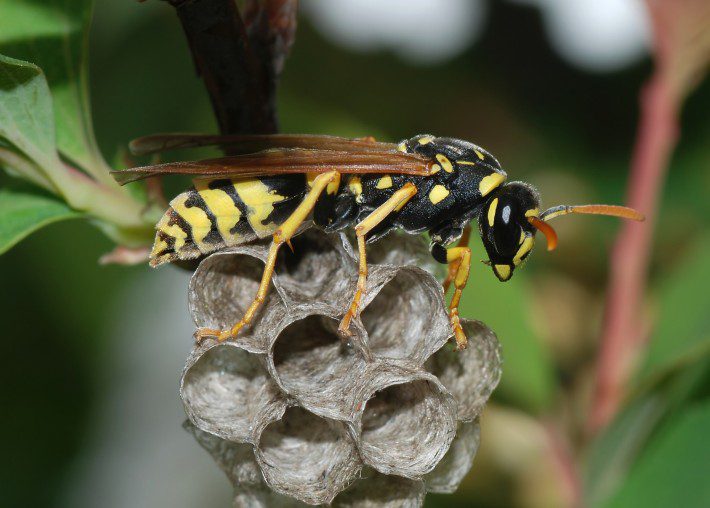
Most people have a negative association with insects, wasps are actually crucial to life as we know it planet Earth.
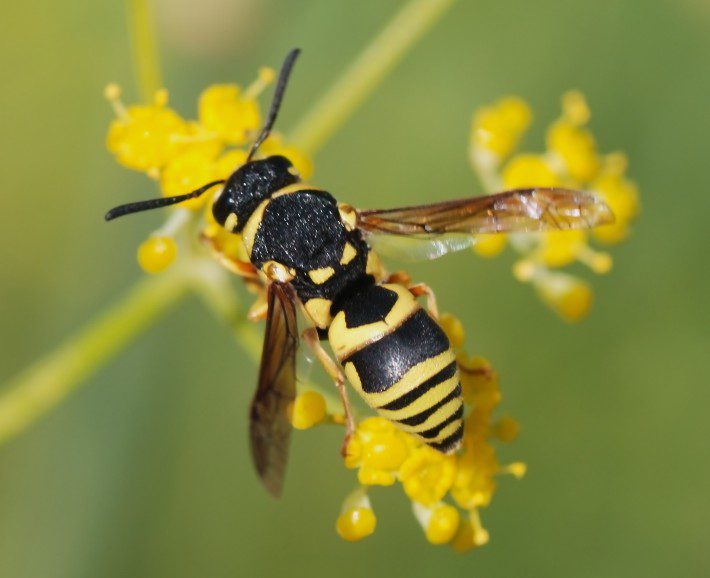
Most wasps are solitary creatures, but roughly 1,000 species are considered “social” wasps, and these have a huge impact on other insect populations. These predators help protect plants against spiders, millipedes, and other crop-destroying insects.
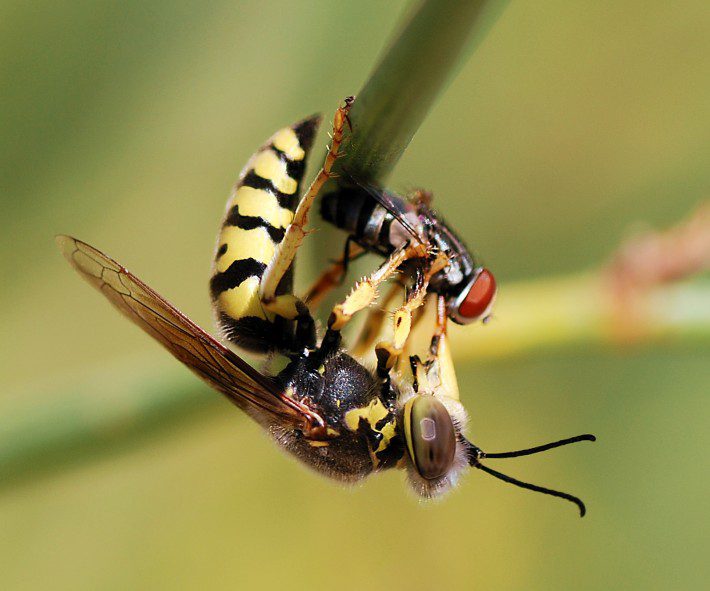
Wasps also contribute to the ecosystem through pollination. Nearly 100 species of orchids are single-handedly kept alive through the pollination of wasps.
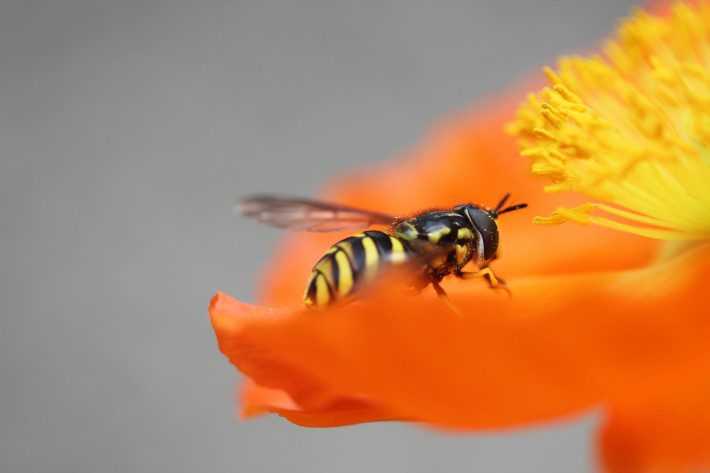
This pollination doesn’t just benefit the plant, it sustains an entire ecosystem. “Fig wasps,” for example, help maintain a key food source for tropical mammals and birds. If this species of wasp were extinct, the effect on the landscape would be catastrophic.
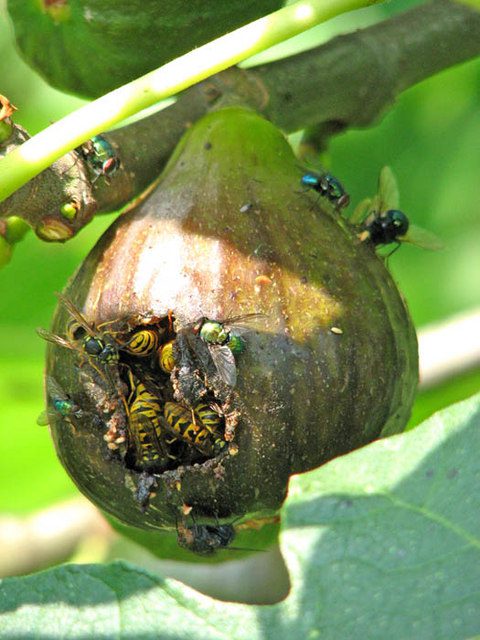
With these far-reaching pollination efforts, wasps end up contributing huge amounts of money to the global economy.
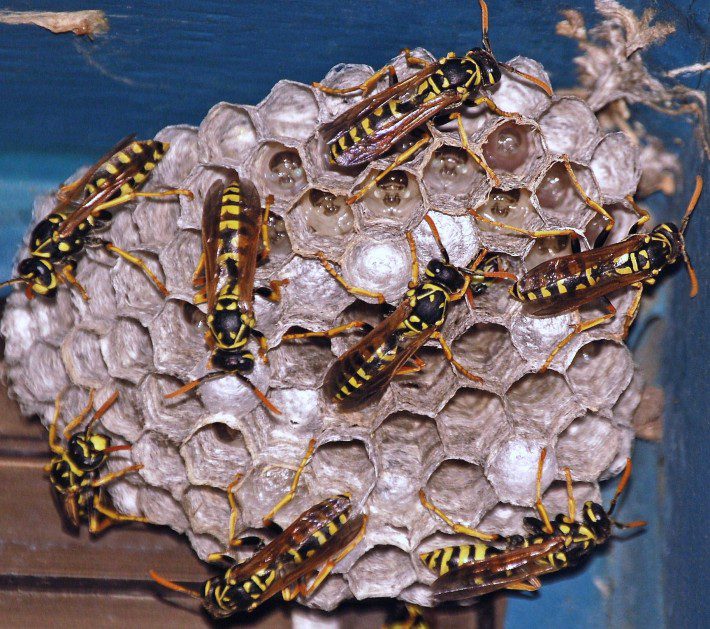
It turns out that even a wasp’s sting can be beneficial to humans. A chemical in some species of social wasp has been found to destroy certain cancer cells, making the insects extremely valuable to medical research.
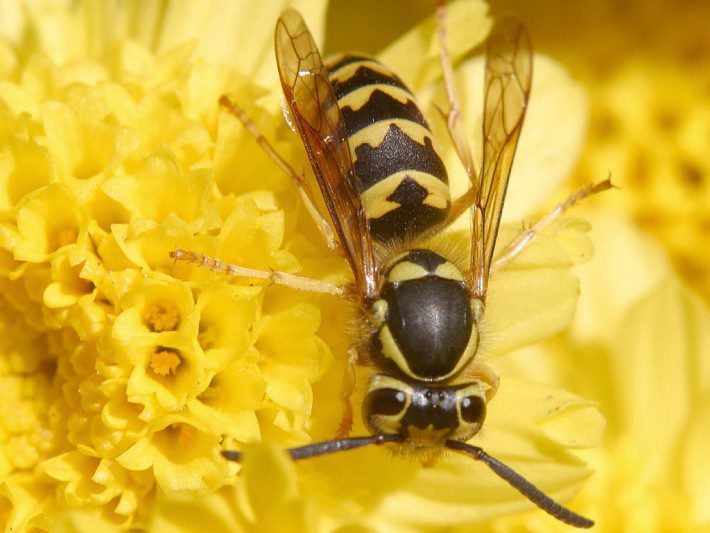
Maybe next time you think about swatting a wasp, consider letting it fly away instead.
If you know someone who might like this, please click “Share!”


